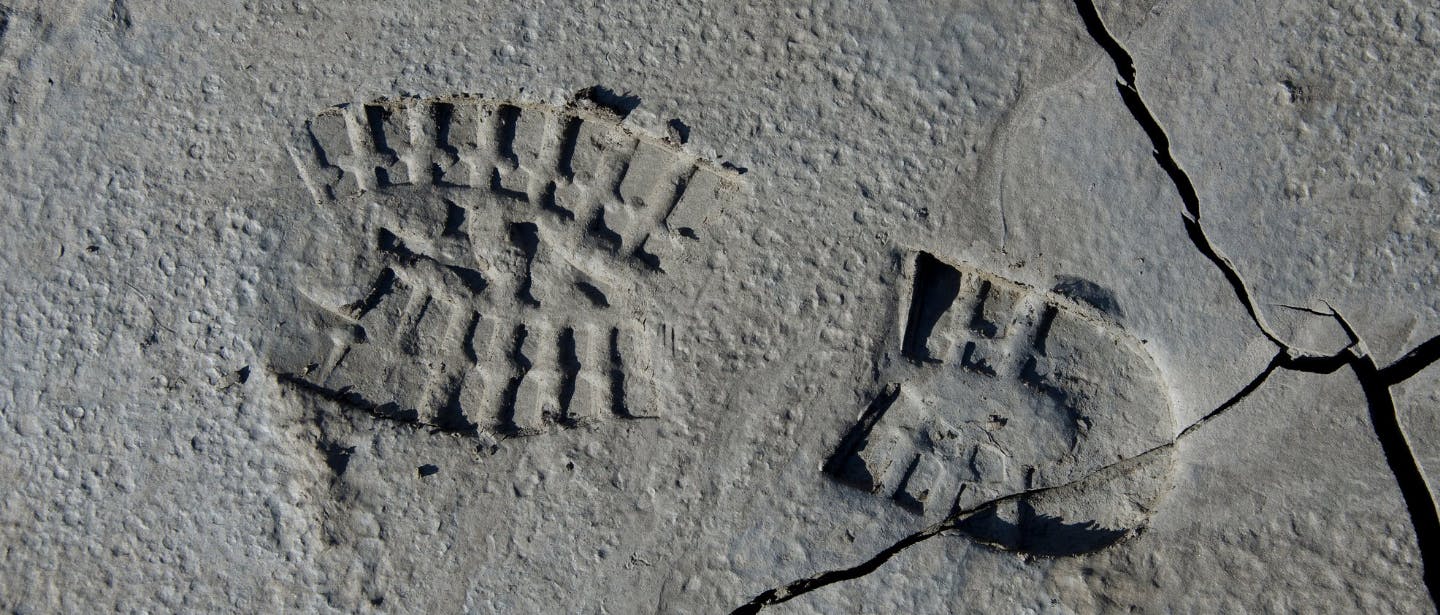Currently, there are 7.7 billion people living on this planet, which we all call home. Each living being leaves an ecological footprint on this planet, some bigger than others. An ecological footprint refers to how much water and food a person uses and how much pollution they cause during their lifetime. Everyone can make a positive contribution by reducing their footprint. This starts with simple daily choices you make.
There are countless tips available on larger things such as eating vegetarian or driving an electric car. However, there are not many tips available on the small daily choices that you can easily change. Therefore, here are five simple ways to reduce your ecological footprint.
1. Clean your house with green cleaning products!
A clean house is more important than ever right now. Almost everyone has a closet full of cleaning wipes, bleach, drain cleaner, all-purpose cleaner, and many other cleaning supplies. Did you know that many of these products are packed with chemicals? This is not only bad for the environment but also for humans. Natural alternatives are available for many cleaning supplies. Take bleach, for example, an incredibly corrosive product that can easily be replaced with baking soda or vinegar. There are often natural and more environmentally friendly alternatives for other cleaning products as well.

2. Use environmentally friendly personal care products!
Brushing your teeth, washing your hair, and shaving are all activities that we, as humans, do (almost) daily. Many different products come into play with these actions, which appear on your shelves in a new bottle each time. There are environmentally friendly alternatives for almost all personal care products. For example, you can use wooden toothbrushes instead of plastic toothbrushes, and there are recycled cotton towels available. Refillable bottles for shampoos, shower gel, body lotion, and day cream and solid soaps without plastic packaging are also available. Instead of buying a new plastic shampoo bottle every week, you can refill your sustainable bottle yourself. This small change helps reduce your plastic consumption.
3. Go for a plogging run!
The word plogging may not immediately ring a bell. Plogging is a combination of the Swedish words 'run' (Jogga) and 'pick up' (plocka upp). At the moment, this trend is becoming more and more popular and is already normal for many people. The aim of plogging is to pick up litter while jogging. If you're not a runner, you can also plog at a leisurely pace while walking to the supermarket.
4. Do not take long showers!
The average Dutch person takes a shower for about nine minutes per shower. A nine-minute shower costs about 65 liters of water, which is over 9,000 liters of water per year. If you think that's already a lot, you don't want to know how much water a bath uses. If you were to shorten your average shower time to five minutes, you could save up to 3,500 liters of water per year. You can, for example, buy a shower timer or agree on a shower time limit with your family/roommates. Shortening your shower time is not only good for reducing your water consumption, but also for reducing your gas consumption.
5. Waste less food
In every household, there are times when too much food is cooked or when food items are past their expiration date. The result is often that the food ends up in the trash can. However, the expiration date on a product often doesn't say much about the true expiration date of that product. Supermarkets put a date on products to indicate that certain bacteria can grow on the product after the specified date. Usually, this happens weeks after the indicated date and the product is still perfectly safe to consume. Before you throw something away, think a little longer and make a conscious choice! Everything in life has an expiration date, but sometimes not the right one ;)
Are you inspired to make different choices in your daily life? Great! If you are interested in a world with less food waste, plastic, and pollution, take a look at our website. We offer disposables made from more sustainable materials such as bamboo, sugarcane, and palm leaves. Check out our paper bags, french fry boxes, or snack boxes, for example.
